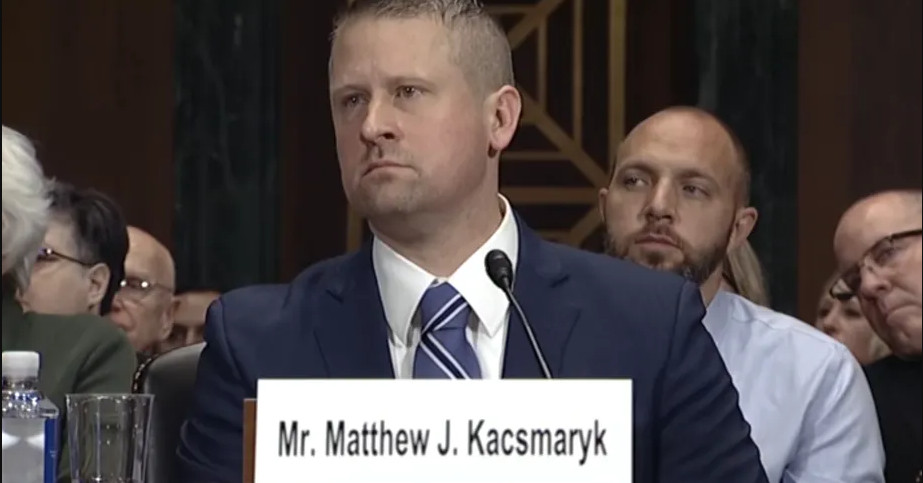The federal judiciary’s new rules target “judge shopping.” That’s terrible news for Matthew Kacsmaryk and other partisan judges.
Plaintiffs hoping to reshape federal or state policies will no longer be allowed to choose which judge will hear their case, at least in federal court. A new policy announced Tuesday by the Judicial Conference of the United States, a government body that sets policy for federal courts, targets rules in some federal courts that the conference said “risked creating an appearance of ‘judge shopping.’”
At least in the short term, this policy is a massive victory for the Biden administration — and, indeed, for anyone who believes that federal and state policies should not rise and fall based on one outlier judge’s partisan views.
Texas’s Republican Attorney General Ken Paxton, for example, has been very aggressive in bringing lawsuits that challenge Biden administration policies before right-wing judges who have then issued sweeping, nationwide orders blocking those policies — sometimes on highly dubious grounds that are reversed, months later, by the Supreme Court.



It’s more of a loophole in certain jurisdictions. Judges are usually assigned randomly, but some districts have divisions with only one sitting judge.
So this new rule will try to close that loophole.